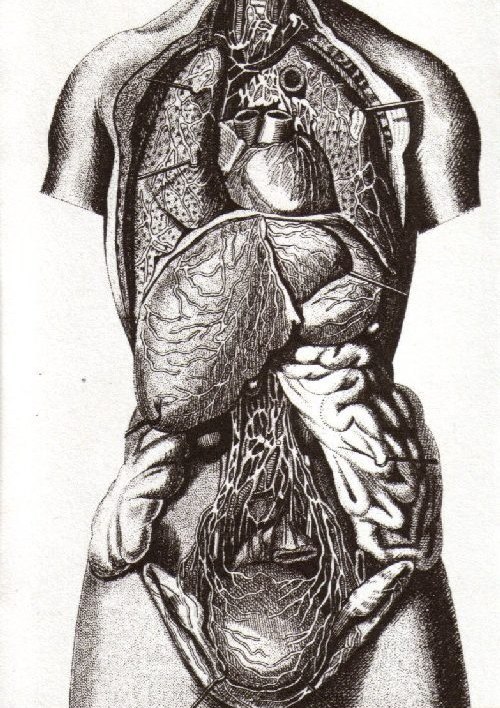Photo
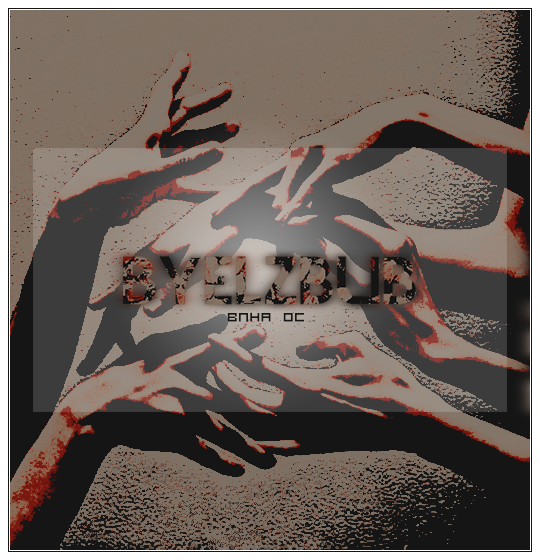
I’M THE MONSTER , ASSASSIN , THE VILLAIN !
11 notes
·
View notes
Photo

Fledgling American Crow on Hand
photo by Robert Langham
17K notes
·
View notes
Text
Repossessing organs at Claire’s
505 notes
·
View notes
Text
im going to hang around on jubei’s blog 4 2night but STARTER CALL ! these will probably get done 2morrow
1 note
·
View note
Photo

I’M THE MONSTER , ASSASSIN , THE VILLAIN !
11 notes
·
View notes
Photo
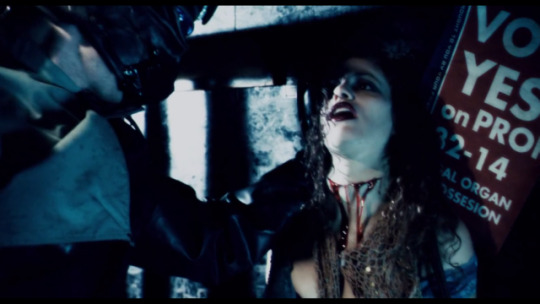
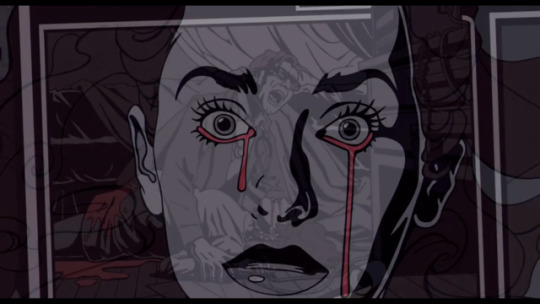


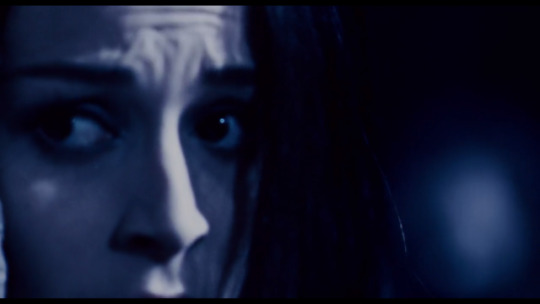


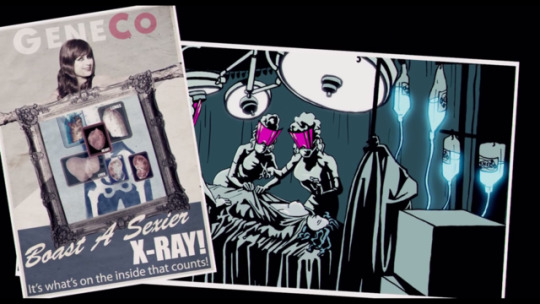
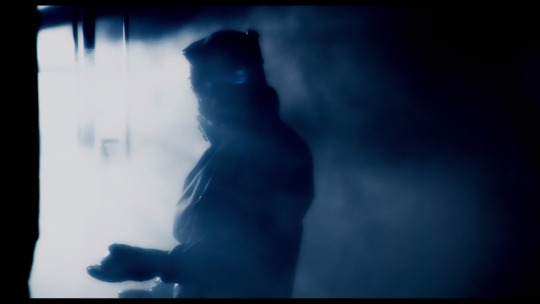

Repo! the Genetic Opera (2008) dir. Darren Lynn Bousman
“And Amber Sweet is addicted to the knife”
391 notes
·
View notes
Text
if nybody wants smth pre est with a new oc im making thts an a - rank villain u should hmu ! their blog is coming Soon
4 notes
·
View notes
Text
i made a in-depthish greek godly parent quiz so reblog and tag with ur results
70K notes
·
View notes
Text

hi first meeting starters are really boring so this is a PRE - EST RELATIONSHIP CALL ! some guidelines :
- only platonic . iku is singleship &. taken . im down with friends / enemies / familial / etc .
- i’ll probably be a lil selective but if we’re mutuals chances are i want smth pre - est with u !
- if u like this i’ll im u 2 figure things out , if u have a relationship in mind that’d be great but not necessary
- it can be 4 whatever verse
6 notes
·
View notes
Quote
I realize after his touch
he would know me
years from now, even
in the dark, even
without my skin.
Phil Memmer, “The Paleontologist’s Blind Date,” from Threat of Pleasure. (via ravennastark)
6K notes
·
View notes
Photo
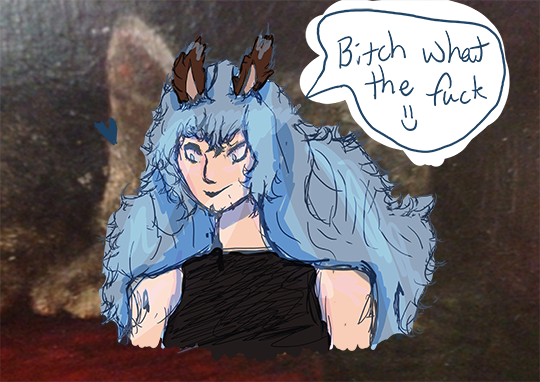
this was supposed 2 be a serious drawing
#⁽ DUMPSTER FIRE / MUN ⁾ : * i .#the only good thing abt this fuckin monstrosity is the hair#Big Poofy#his fc doesnt convey the poof well enough ):
1 note
·
View note
Text
raisedearth .
❛ sure. ❜ sarcasm but spoken lightly , not bothered to aggravate the other. too outta breath , you’d say. eyes move to look at the man , lazily lidded , on cue once he spoke , before glancing down at a leg that wasn’t even damaged , it’s just a dent. of course i’m alright. ❛ duh , i’ll be fine. ❜ why do you even care ?

you looks back. maybe it was he started to speak again with that bullshit honeyed tone of his , but you don’t like it. your eyebrows twitch. ❛ i jus’ said that ’m fine. don’t be extra. ❜ can you fucking leave now ?

it is not as though sarcasm crawls into one ear & . out the other . HE HEARS HER . years upon years of the same biting tone , enamel gnashing ‘ gainst enamel ; JUST TRY TO RIP THE SMILE OFF HIS FACE . “ mm , okay , “ hands lazily flop to his knees , fingers drumming a silent tune . SO EASILY WORKED UP . play the game , play the game .
mournfully , he retrieves the mask tied firmly to a band around his thigh . straps snapped back into their typical place , a smile dropping from his lips as it trickles to his demeanor . PLAGUE DOCTOR , PLAGUE DOCTOR , WHO ARE YOU NOW ? all that remains are sky blue curls and the remnants of AIRBORNE DEATH . “ i should probably go now , missy villain , “
6 notes
·
View notes
Text
bold all that apply to your muse’s current mental state; italicise any that apply to your muse’s past mental state—repost don’t reblog!

alcoholism: or alcohol use disorder (AUD), is a broad term for any drinking of alcohol that results in mental or physical health problems.
amnesia: a deficit in memory caused by brain damage, disease, or psychological trauma.
anxiety: a mental health disorder characterized by feelings of worry, anxiety, or fear that are strong enough to interfere with one’s daily activities.
appetite loss: a reduced desire to eat.
binge eating: a psychological illness characterized by frequently eating excessive amounts of food, often when not hungry.
co-dependence: dysfunctional and maldaptive relationship reliant on another person’s dependence on the affected individual.
cynicism: an inclination to believe that people are motivated purely by self interest (scepticism), or to question whether something will happen or whether it is worthwhile (pessimism .
defensiveness: the tendency to be sensitive to comments and criticism and to deny them. to constantly protect oneself from criticism, exposure of one’s shortcomings, or other real or perceived threats to the go.
depersonalisation: a state in which one’s thoughts and feelings seem unreal or not belonging to oneself.
depression: a mental health disorder characterized by persistently depressed mood or loss of interest in activities, causing significant impairment in daily life.
derealisation: alteration in the perception or experience of the external world so that it seems unreal.
devaluation: defence mechanism used when a person attributes themselves, an object, or another person as completely flawed, worthless, or as having exaggerated negative qualities.
displacement: an unconscious defence mechanism whereby the mind substitutes either a new aim or a new object or goals felt in their original form to be dangerous or unacceptable.
dissociation: is any state of a wide array of experiences from mild detachment from immediate surroundings to more severe detachment from physical and emotional experiences, such as a disconnect from reality.
drug abuse: the extreme desire to obtain, and use, increasing amounts of one or more substances.
dysphoria: a state of unease, or generalized dissatisfaction with life.
emotional detachment: an inability to connect with others on an emotional level, as well as coping with anxiety by avoiding certain situations that trigger it; it is often described as “emotional numbing” or dissociation.
flashbacks: an involuntary recurrent memory, is a psychological phenomenon in which an individual has sudden, usually powerful, re-experiencing of a past experience or elements of said experience.
flat affect: a severe reduction in emotional expressiveness. they may not show the signs of normal emotion, perhaps may speak in a monotonous voice, have diminished facial expressions, and appear extremely apathetic.
guilt: a cognitive or emotional experience that occurs when a person believes or realises—accurately or not—that they have compromised their own standards of conduct or have violated a universal moral standard and bear significant responsibility for it.
hallucinations: an experience involving the apparent perception of something not present.
hyper-somnia: or excessive sleepiness, is a condition in which a person has trouble staying awake during the day.
hyper-vigilance: an enhanced state of sensory sensitivity accompanied by an exaggerated intensity of behaviours whose purpose is to detect activity.
hypochondria: (also known as illness anxiety disorder) is a condition in which a person is inordinately worried about having a serious illness.
idealisation: the action of regarding or representing something as perfect or better than reality.
insomnia: a sleep disorder where people have trouble sleeping. they may have difficulty falling asleep, or staying asleep as long as desired. insomnia is usually followed by daytime sleepiness, low energy, and a depressed mood.
intellectualisation: a defense mechanism by which reasoning is used to block confrontation with an unconscious conflict and its associated emotional stress—where thinking is used to avoid feeling. it involves removing one’s self, emotionally, from a stressful event.
introjection: regarded as the process where the subject replicates in themselves behaviours, attributes, or other fragments of the surrounding world, especially of other subjects. cognate concepts include identification, incorporation, and internalisation.
isolation: a defence mechanism in psychoanalytic theory characterised by individuals defending themselves from possible threats by mentally and physically isolating themselves. by minimising associative connections with other thoughts, the threatening cognition is remembered less often and is less likely to affect self-esteem or the self concept.
low self esteem: a person with low self esteem feels unworthy, incapable, and incompetent.
narcissism: is the pursuit of gratification from vanity or egotistic admiration of one’s own attributes. narcissistic personality disorder (NPD) is a personality disorder in which there is a long term pattern of abnormal behavior characterized by exaggerated feelings of self importance, an excessive need for admiration, and a lack of understanding of other’s feelings.
night terrors: also known as a sleep terror, is a sleep disorder, causing feelings of terror or dread, and typically occurs during the first hours of stage three to four rapid eye movement (nrem) sleep.
obsessive compulsion: obsessive-compulsive disorder (ocd) is a common, chronic, and long—lasting disorder in which a person has uncontrollable, reoccurring thoughts (obsessions) and behaviors (compulsions) that they feel the urge to repeat over and over.
panic attacks: a sudden overwhelming feeling of acute and debilitating anxiety.
passive aggression: a tendency to engage in indirect expression of hostility through acts such as subtle insults, sullen behavior, stubbornness, or a deliberate failure to accomplish a required task.
paranoia: the irrational and persistent feeling that people are “out to get you.” the three main types of paranoia include paranoid personality disorder, delusional disorder, and paranoid schizophrenia.
phobias: an extreme or irrational fear of or aversion to something.
projection: psychological projection is a defense mechanism people subconsciously employ in order to cope with difficult feelings or emotions. it involves projecting undesirable feelings or emotions onto someone else, rather than admitting to or dealing with the unwanted feelings.
psychosis: a severe mental disorder in which thought and emotions are so impaired that contact is lost with external reality.
rationalisation: a defence mechanism in which controversial behaviours or feelings are justified and explained in a seemingly rational or logical manner to avoid the true explanation, and are made consciously tolerable—or even admirable and superior—by plausible means.
regression: a psychological defence mechanism in which a person abandons age—appropriate coping strategies in favour of earlier, more childlike patterns of behaviour. this regression is a form of retreat, bringing back a time when the person feels safe and taken care of.
risky sex: risky sexual behaviour is commonly defined as behaviour that increases the probability of contracting sexually transmitted infections, diseases, becoming pregnant, or making a partner pregnant. drug use is associated with risky sexual behaviour.
somatisation: the manifestation of psychological distress by the presentation of bodily symptoms.
splitting: (also called black-and-white thinking or all-or-nothing thinking) is the failure in a person’s thinking to bring together the dichotomy of both positive and negative qualities of the self and others into a cohesive, realistic whole.
sublimation: is a mature type of defence mechanism, in which socially unacceptable impulses or idealisations are unconsciously transformed into socially acceptable actions or behaviour, possibly resulting in a long-term conversion of the initial impulse.
suicidal ideation: (also known as suicidal thoughts) is thinking about or an unusual preoccupation with suicide. the range of suicidal ideation varies from fleeting thoughts, to extensive thoughts, to detailed planning, roleplaying, and incomplete attempts.
sleepwalking: formally known as somnambulism, is a behavior disorder that originates during deep sleep and results in walking or performing other complex behaviors while asleep. it is more common in children than adults and is more likely to occur if a person is sleep deprived.
suppression: the act of stopping oneself from thinking or feeling something. it is generally assumed ineffective because even if you suppress or hold back an emotion, like anger, that feeling returns with a vengeance.
thousand yard stare: a phrase often used to describe the blank, unfocused gaze of soldiers who have become emotionally detached from the horrors around them. it is also sometimes used more generally to describe the look of dissociation among victims of other types of trauma.
triggers: something that sets of a memory tape or flashback transporting the person back to the event of their emotional trauma. triggers are very personal ; different things can trigger different people. the survivor may begin to avoid situations and stimuli that they think triggered the flashback.
trust issues: a person with these kinds of thoughts may construct social barriers as a defense mechanism to ensure that trust is not lost again. these barriers are often a person’s way of avoid the pain, rejection, or guilt associated with mistrust.
violence: the intentional use of physical force or power, threatened or actual, against oneself, another person, or against a group or community, which either results in or has a high likelihood of resulting in injury, death, psychological harm, underdevelopment, or deprivation.
temper: a reflection of irritation or rage, a propensity to be angered rapidly.
TAGGED BY: stolen
TAGGING; i literally never do these i should jst erase it
3 notes
·
View notes
Text
i was the most
beautiful poem
but you were jared,
19
136K notes
·
View notes

